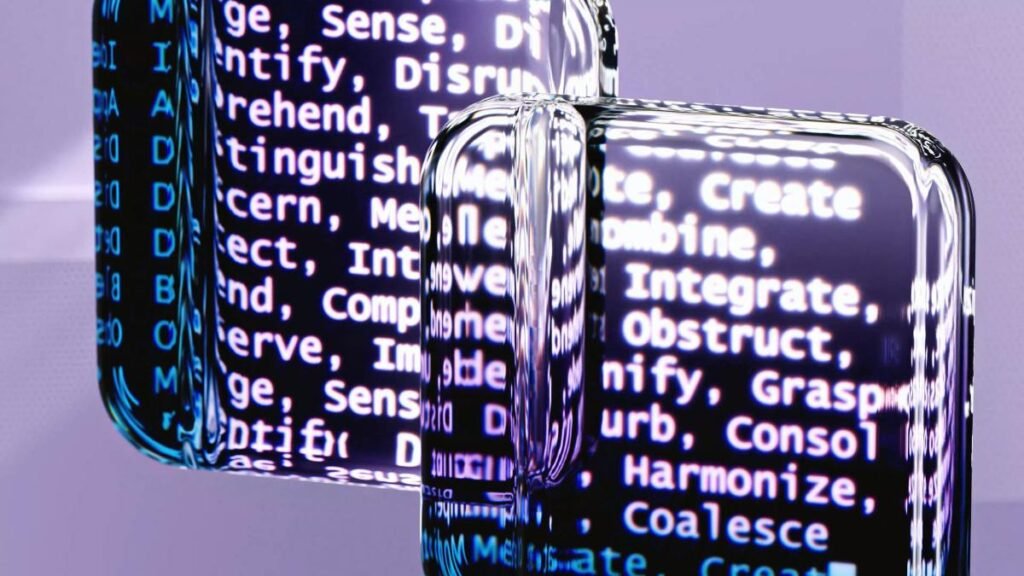[ad_1]
A landmark invoice stopping the usage of artists’ pictures, voices and likenesses with out consent has been handed by the Illinois State Senate.
HB 4875, signed into regulation by Illinois Governor J.B. Pritzker, formally enacts amendments to the state’s Right of Publicity Act, which handed again in 1999 to require written consent for the usage of an artist’s likeness for business functions. The revamped invoice permits musicians, report labels and different rightsholders to sue events utilizing AI to generate and disseminate unauthorized digital replicas.
The invoice defines “digital duplicate” as a “newly-created, digital illustration of the id of an precise particular person created utilizing a pc, algorithm, software program, instrument, synthetic intelligence, or different know-how that’s fastened in a sound recording or audiovisual work during which that particular person didn’t truly carry out or seem.”
Senator Mary Edly-Allen superior HB 4875, which had obtained bipartisan help since its introduction to the Illinois State Senate.
“In the previous couple of years, we have now seen an explosion of AI instruments and AI-generated content material, typically created and distributed with out authorization,” Edly-Allen stated in a press release issued by her workplace. “Whereas AI is a strong instrument with the potential to do a lot good, guardrails are needed to guard artists and most of the people.”
The scourge of AI-powered deepfake know-how has emerged because the music trade’s most explosive flashpoint, elevating pressing questions and fears surrounding authenticity. Deepfakes pose vital, existential challenges for musicians, who’re rightly involved in regards to the potential for his or her work, voices and identities to be exploited and repackaged in deceptive methods.
“As an indie artist, each tune I make is a chunk of my soul,” added Dani Deahl, a DJ, dance music producer and Chicago Chapter Recording Academy trustee, who testified within the case. “Home Invoice 4875 isn’t just laws—it is a protect defending that soul from being mimicked and monetized by unauthorized AI. It ensures that our identities stay uniquely our personal. This regulation ensures that as know-how advances, it does so with respect for our rights and our very essence as creators.”
The laws is simply the tip of the iceberg with regard to AI-related protections for artists, because the swift proliferation of unethical deepfake tech has led to swelling help past the state stage. Led by Delaware Senator Chris Coons, a bunch of Congress members in July launched the NO FAKES Act, which seeks to ascertain federal guardrails “to guard the picture, voice, and visible likeness of people” from unfair use.
The US Senate Judiciary Committee’s Subcommittee on Mental Property held a hearing on Tuesday, April thirtieth titled “The NO FAKES Act: Defending Individuals from Unauthorized Digital Replicas.”
“This invoice would shield individuals from having their pictures, voices, or likenesses used to create digital replicas that say or do issues they by no means agreed to or would by no means say,” Coons stated in his testimony on the time, per Tech Policy Press. “The invoice accomplishes this broad aim in two methods: by holding people and firms liable in the event that they produce an unauthorized digital duplicate of a person’s voice picture or likeness and by holding platforms liable in the event that they host or distribute an unauthorized digital duplicate if the platform is aware of the particular person depicted didn’t authorize it.”
HB 4875 was formally signed into Illinois regulation August ninth, 2024 and can be enacted January 1st, 2025.
[ad_2]
Source link
